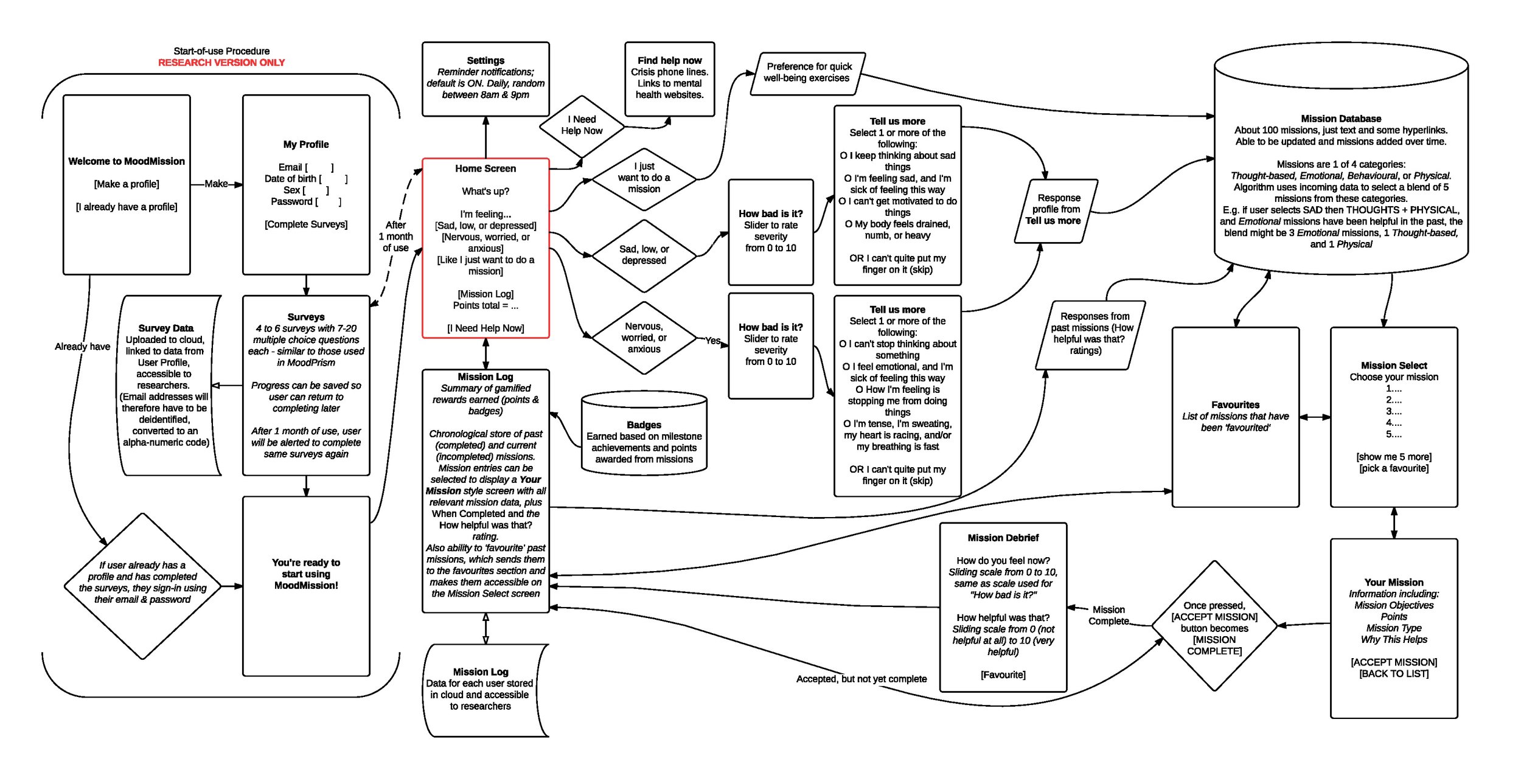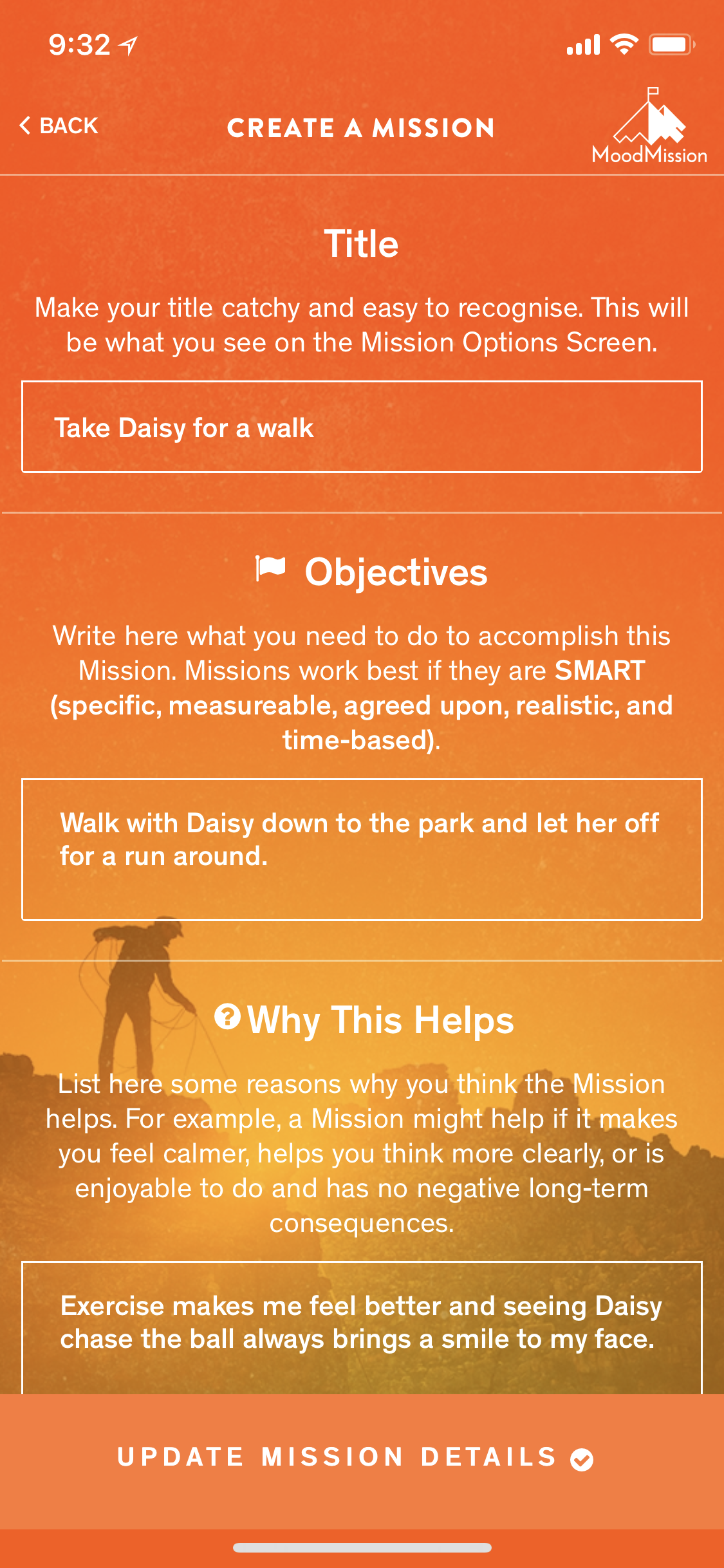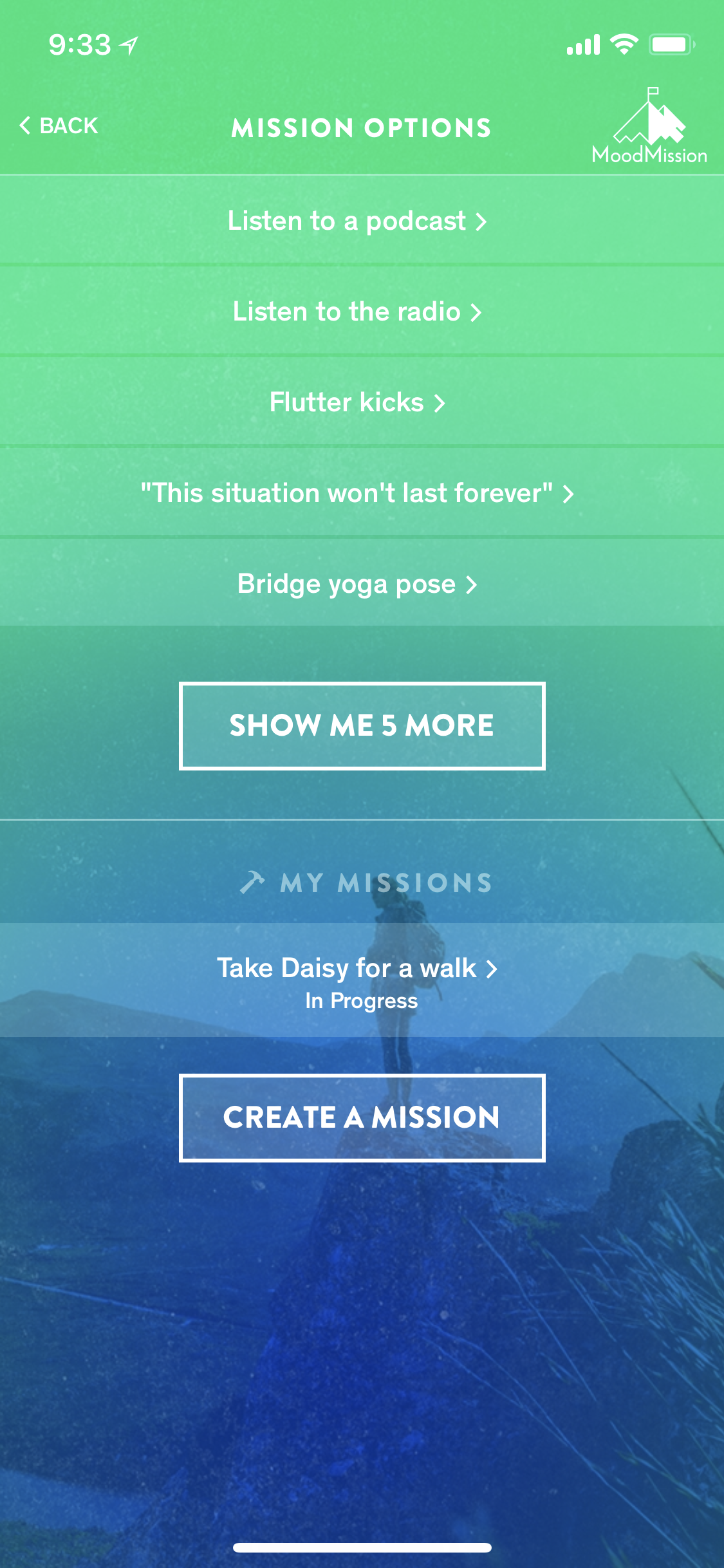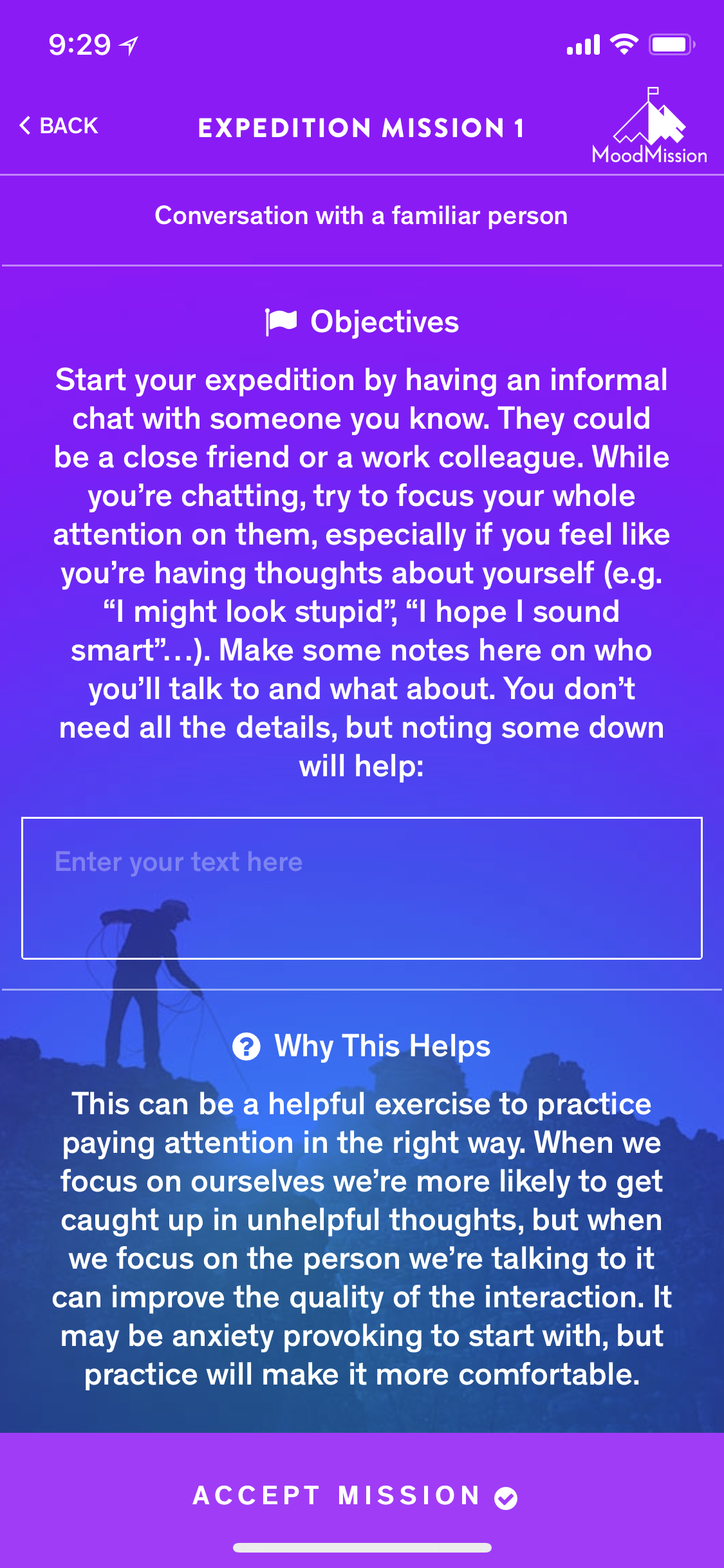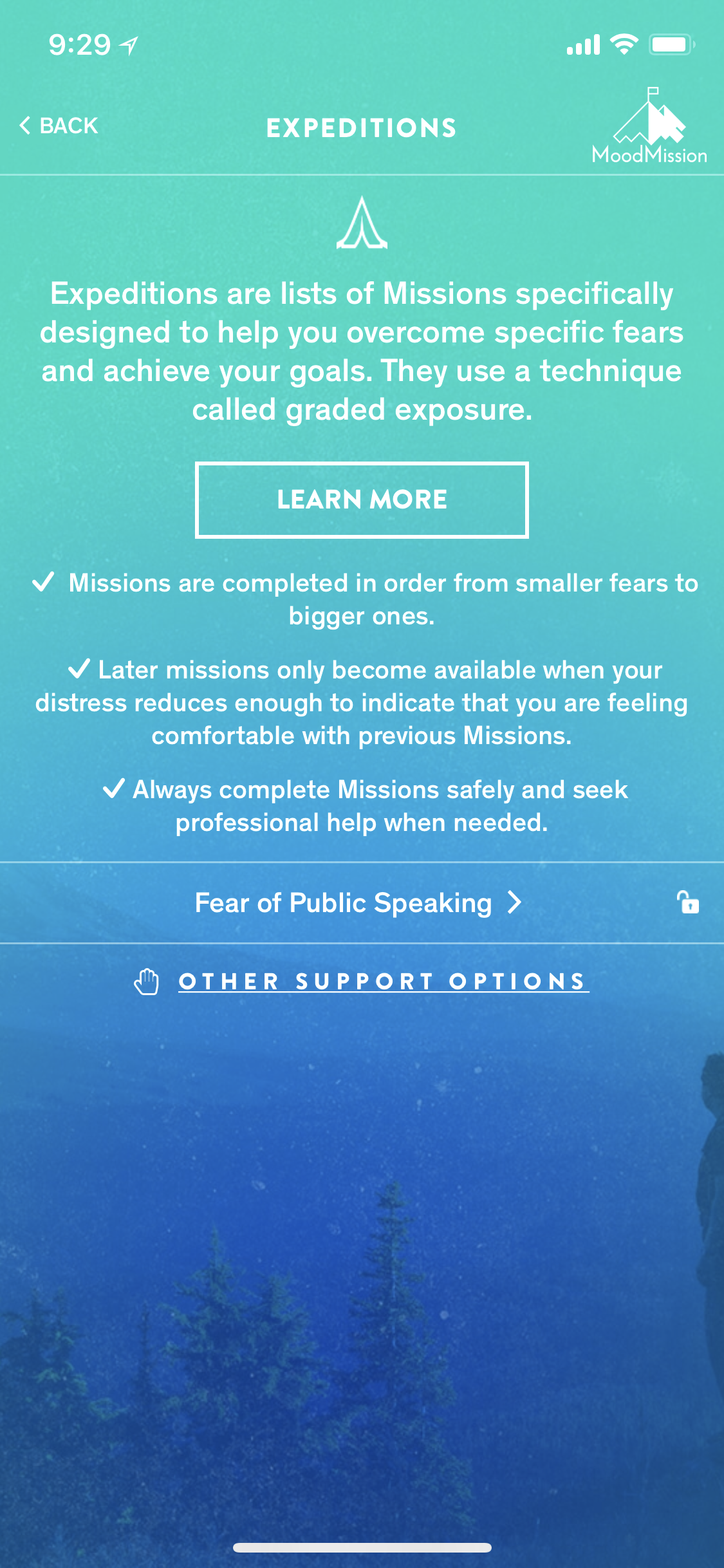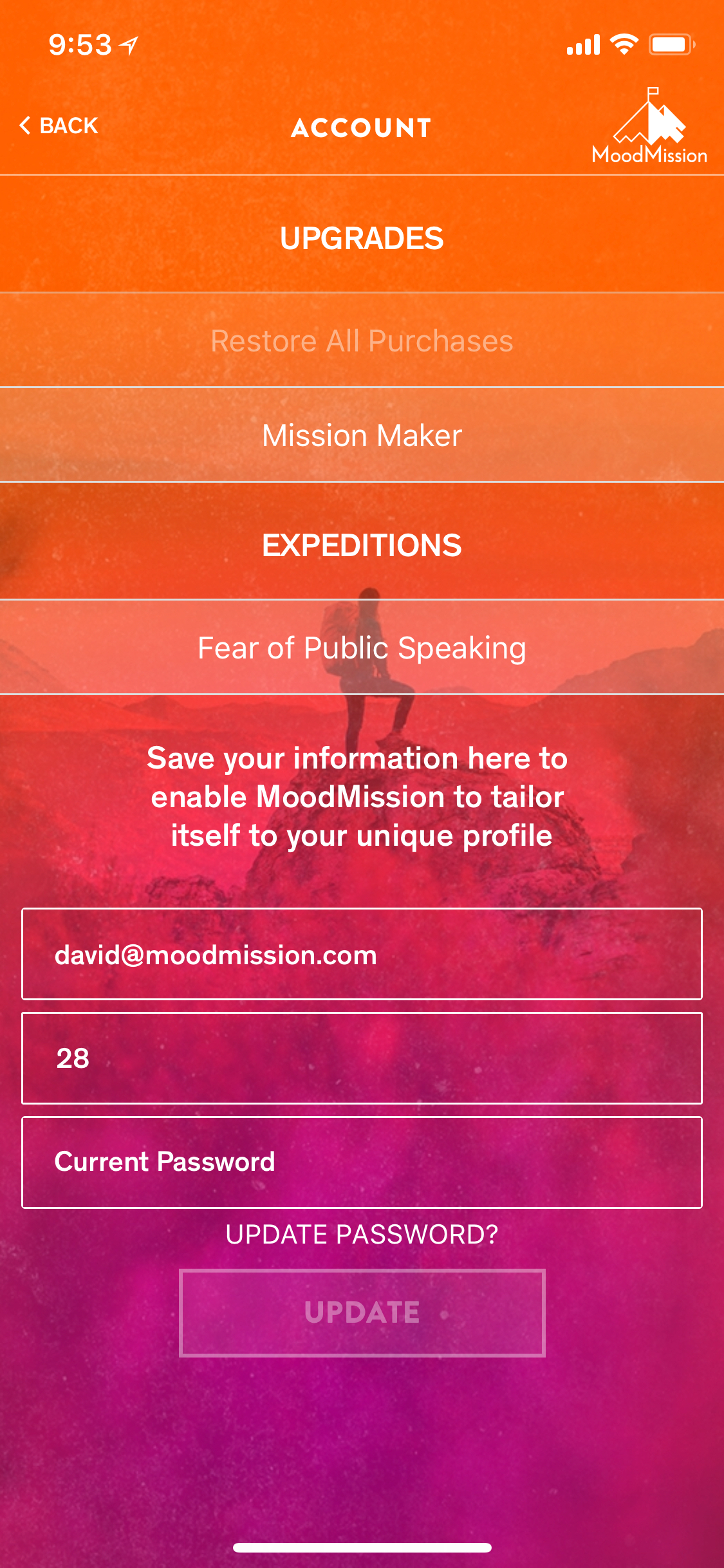In this series of posts we review the principles underlying MoodMission’s effectiveness.
Behavioral activation (BA) is a therapeutic approach primarily used in the treatment of depression. It focuses on identifying and modifying patterns of behavior that contribute to and maintain depressive symptoms. BA is based on the premise that changes in behavior can lead to changes in mood and alleviate depressive symptoms.
The underlying principle of behavioral activation is that depression is often associated with a decrease in engagement in rewarding or pleasurable activities, which can further perpetuate feelings of sadness, hopelessness, and isolation. By targeting these behaviors, BA aims to increase individuals' overall level of activity and positive reinforcement, thereby improving their mood and reducing depressive symptoms.
The process of behavioral activation involves several key components:
Activity monitoring: The individual is encouraged to monitor their daily activities, including what they do, when they do it, and their corresponding mood levels. This helps identify patterns and understand the relationship between activities and mood.
Identifying and setting goals: Collaboratively with a therapist, the individual identifies specific goals related to increasing their engagement in rewarding activities. These goals should be specific, measurable, achievable, relevant, and time-bound (SMART).
Breaking down tasks: Large, overwhelming tasks are broken down into smaller, manageable steps to facilitate progress and reduce feelings of being overwhelmed or defeated.
Scheduling activities: The individual is guided to develop a structured daily or weekly schedule that includes a variety of activities, such as hobbies, social interactions, exercise, and self-care. This helps ensure a balanced and rewarding routine.
Behavioral activation hierarchy: A hierarchy of activities is created, ranging from simple and achievable tasks to more challenging ones. The individual starts with easier activities and gradually progresses to more difficult or anxiety-provoking ones, building a sense of accomplishment and self-efficacy.
Overcoming barriers: The therapist assists the individual in identifying and addressing barriers that may hinder activity engagement, such as negative thoughts, low motivation, or environmental obstacles. Strategies like problem-solving, cognitive restructuring, and behavioral experiments may be employed.
Increasing positive reinforcement: The focus is on increasing positive experiences and rewards derived from engaging in activities. This helps counteract the reduced pleasure and interest often associated with depression.
Throughout the therapy process, the therapist provides guidance, support, and encouragement to help the individual maintain motivation and adherence to the activity schedule. By gradually increasing activity levels and engagement in positive experiences, behavioral activation aims to break the cycle of depression and create a more fulfilling and rewarding life.
It is important to note that while behavioral activation can be effective as a stand-alone treatment, it is often integrated into broader cognitive-behavioral therapy (CBT) approaches for depression. CBT may involve addressing negative thought patterns, dysfunctional beliefs, and interpersonal issues in addition to behavioral activation techniques.
Behavioral activation can be adapted and implemented through mental health apps, like MoodMission, to provide individuals with a convenient and accessible tool for managing their depression. Here are some ways behavioral activation has been incorporated into MoodMission:
Activity tracking: For individuals to track their daily activities, mood levels, and related thoughts. This helps users become more aware of their activity patterns and mood fluctuations over time.
Goal setting and reminders: Allowing users to set specific behavioral activation goals and reminders. These reminders can help individuals stay on track and motivate them to engage in planned activities.
Activity suggestions and planning: MoodMission provides a range of activity suggestions based on different categories (e.g., exercise, hobbies, socializing) and helps users plan their activities. It can offer a library of ideas for activities to engage in, catering to various interests and preferences.
Progress tracking: MoodMission users can track progress and monitor changes over time. It can display visual representations of activity levels, mood trends, and goal achievements. This helps users see their progress and reinforces a sense of accomplishment.
Reminders and notifications: Users can set reminders and notifications to encourage engagement in planned activities and provide positive reinforcement for completing tasks or achieving goals.
Support and guidance: MoodMission provides educational resources, self-help materials, and coping strategies related to behavioral activation. It can offer guidance and tips on overcoming barriers and addressing negative thinking.
Feedback and rewards: MoodMission provides feedback and rewards for users' engagement in activities and progress towards their goals. This includes ranks, badges, and other forms of positive reinforcement to motivate continued participation.
It is important to note that while a mobile app like MoodMission can offer valuable support, it should not replace professional therapy. It can complement therapy or serve as a self-help tool, but individuals with severe depression or complex needs may require the assistance of a mental health professional for a comprehensive treatment plan.
